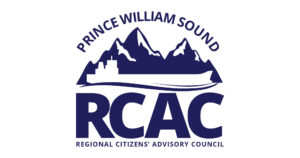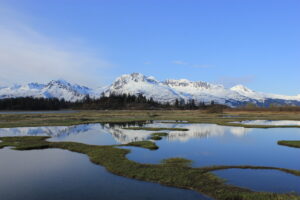Traces of metals found in Prince William Sound’s sediments
Further study needed to determine source and potential effects A new Council study has confirmed that sediments in Port Valdez contain traces of metals at concentrations that could negatively affect the organisms that live at the sea floor. This pilot study was conducted in 2024, during the routine environmental monitoring conducted by the Council since … Read more

